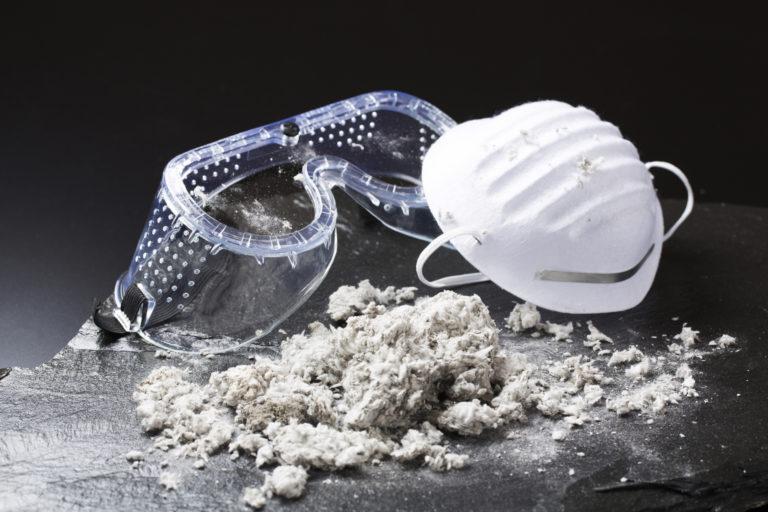Caveat Emptor- Buyer Beware! Store-brand herbal supplements may not be what their labels claim to be. This is not only deceptive advertising, but also a health risk. New York’s Attorney General Eric T. Schneiderman, has conducted an investigation of six different herbal supplements (Gingko Biloba, St. John’s Wort, Valerian Root, Garlic, Echinacea, and Saw Palmetto) sold at the four major retail companies (Walmart, Target, GNC, and Walgreens) in thirteen regions across the state of New York.
The investigation included DNA testing of these retailers’ store-brand herbal supplements and revealed that the majority are adulterated and mislabeled, containing substances not listed on the label and often not containing any or little of the herb(s) stated on the label.
An expert in DNA barcoding technology, Dr. James A. Schulte II of Clarkson University, performed the testing. DNA barcodes are short genetic markers in an organism’s DNA which identify it as belonging to an exact species. Three to four samples of each supplement purchased was taken and each sample was tested five times.
A total of 390 tests involving 78 samples was conducted. The DNA barcoding testing documented that only 21% of these store-brand herbal supplements had DNA for the plant species listed on their label; the worst offender being Walmart, whose products only tested 4%. Further, 35% of the products tested identified DNA barcodes from plant species not listed on the label. Some of the contaminants identified include: dracena (houseplant), wheat/grass, allium, cassava (tropical tree root), ranuncula, rice mustard, beans, pine, citrus, asparagus, primrose, alfalfa/clover, wild carrot, daisy, pea, and others. In many cases, unlisted contaminants were the only plant material found in the product.
A consumer with food allergies or who is taking medication is put at risk for a potentially serious health consequence each time a contaminated herbal supplement is swallowed. The U.S. Food and Drug Administration (“FDA”) requires drug companies to verify that their drugs are safe and properly labeled for its contents. The FDA also evaluates a drug: its clinical trials, side effects, and its manufacturing process. The FDA does not regulate supplements.
Attorney General Schneiderman has sent letters to these four retailers calling for them to stop the sale of these six products and to provide detailed information relating to the production, processing and testing of herbal supplements sold at their stores, as well as set forth a thorough explanation of quality control measures in place.
Terrell Hogan urges you to be careful about the products you and your family ingest. Seek your doctor’s advice. Herbal supplements can have dangerous, sometimes life-threatening consequences such as stroke or even death. If you or a loved one is injured by a defective supplement, we can help.
$1,200,000 Verdict
Slip and Fall
$600,000 Verdict
Construction Accident
$8 Million Settlement
Medical Malpractice
$1,200,000 Settlement
Construction Accident
$260,000 Verdict
Motorcycle Accident
$725,000 Settlement
Auto Accident
Six Figure Settlement
Wrongful Death
$4 Million Verdict
Auto Accident
$600,000 Settlement
Bicycle Accident
$810,000 Recovery
Auto Accident
$2.9 Million Verdict
Medical Malpractice
$17 Billion Settlement
Tobacco Injuries
$750,000 Verdict
Defective Product
$3.3 Million Settlement
Bicycle Accident



